Welcome to another year of Plastic Free July! To say that this year is a little unusual would be an understatement, but even with all of the world events taking place, single use plastic remains a major threat to the health of our world. Even though things are a little different than last year, there are still a number of ways that we can work to reduce our single use plastic consumption!
A good first step is to pick something small to focus on – trying to solve the world’s plastic crisis all at once will feel overwhelming so try to identify single use items that you can replace with reusable options.
For example, switching single use surgical masks for fabric masks that can be washed and reused is a great way to not only reduce our waste, but to make sure that the front line workers have the equipment they need. If you are crafty, you can make your own masks, and personalize them to showcase your personality.
If your grocery store does not allow any reusable bags to be used in the store, you can ask that items be placed back into your basket or cart rather than in bags, and you can place your purchased items in bags back at your car. This way, you can ensure the safety of the staff while still reducing the number of plastic bags that are used during your shopping trip.
Cutting back on eating out is a good way to reduce the amount of plastic that is being consumed. Did you know that food delivery companies like GrubHub saw huge jumps in revenue this year? While I personally loved being able to get my favorite food delivered to my door, I did notice the big increase in non-recyclable plastics in my garbage can. Currently, eating at restaurants is not much better, with the the Center for Disease Control (CDC ) recommending all restaurants to use disposable plates, cups, utensils and even single use condiment packets. This produces far more waste than pre-pandemic dining out, but is considered necessary to reduce the chance of restaurant staff coming into contact with contaminated surfaces. Set a goal to cook from home more often – maybe even try making your favorite restaurant’s signature dish!
Use reusable water bottles. Switching to a reusable water bottle can save thousands of single use plastic bottles from entering our waterways each year, and it reduces the amount of plastic that you are consuming. Reusable containers like water bottles or coffee mugs are easy to sterilize and safe to use, with a recent study showing that the coronavirus survives for longer periods of time on plastics than on glass. Hot water and soap are enough to sterilize reusable bottles, so be sure to practice good hygiene and to wash your containers (and your hands) frequently!
Most importantly, remember that every action makes a difference. How are you focusing on reducing your single use plastic? Send us an email and let us know!
Learn more about the Plastic Free July Movement here: Plasticfreejuly.org
WATCH Benefits of Composting and Living a Low Waste Lifestyle
As Plastic Free July wraps up we invite you to reflect on the lessons, experiences, and efforts to go “low waste” during Plastic Free July. Lauren McGrath, Watershed Program Director, will be joined by guest expert Gwenn Nolan of Mother Compost (www.mothercompost.com) to share information about how composting provides environmental benefits, tips for composting at home and waste solutions.

